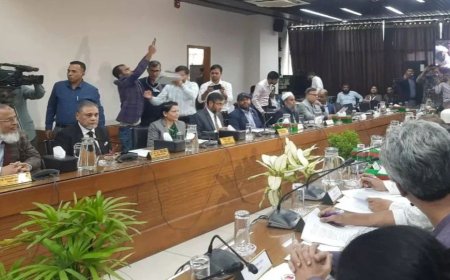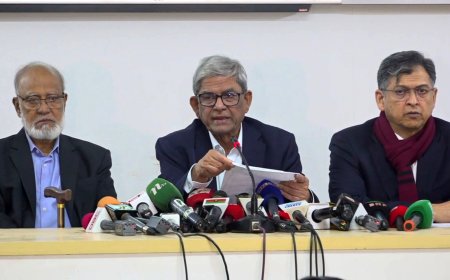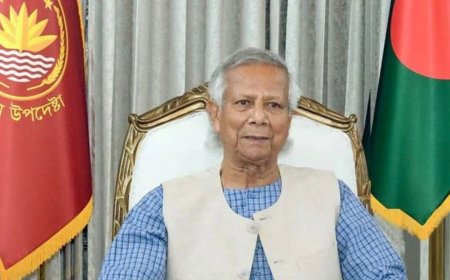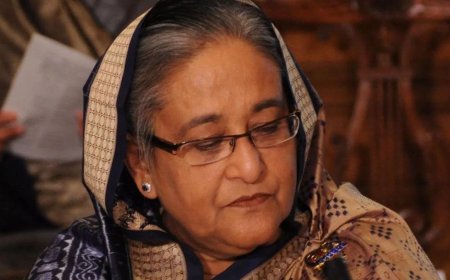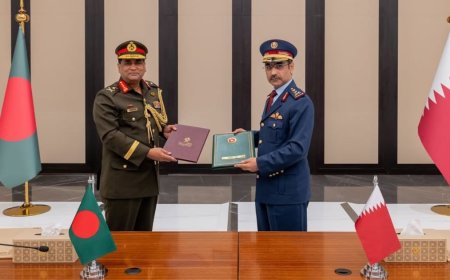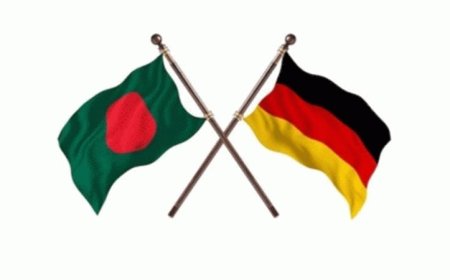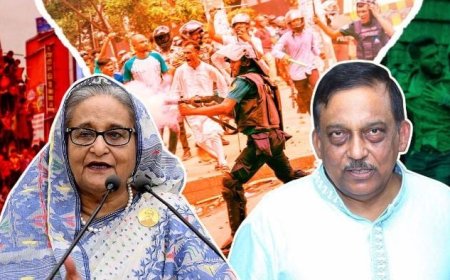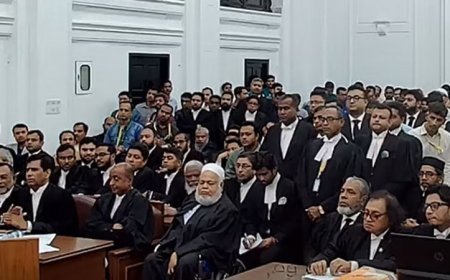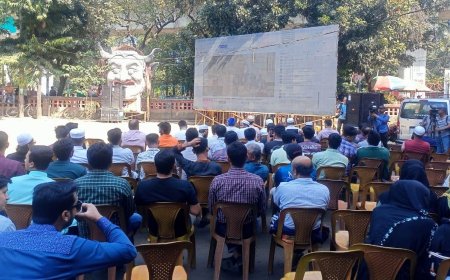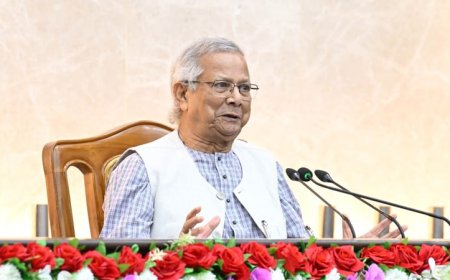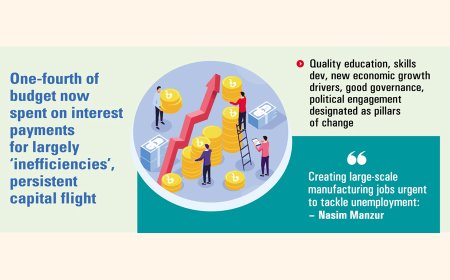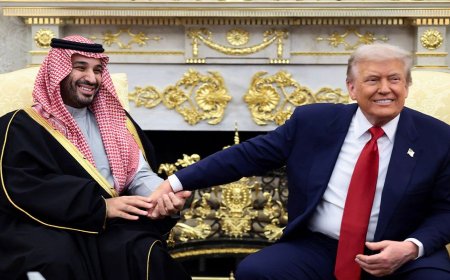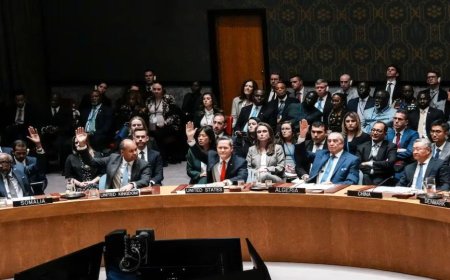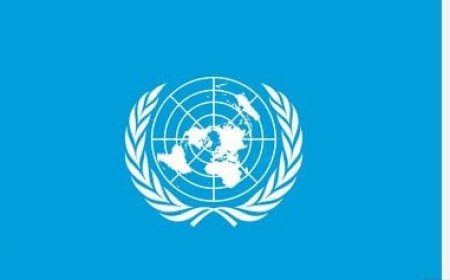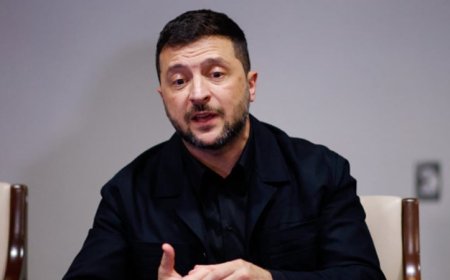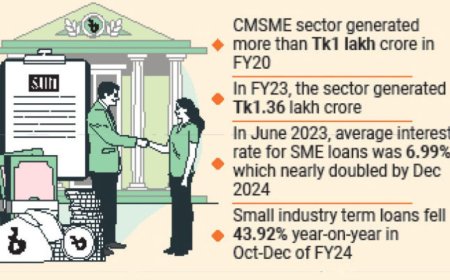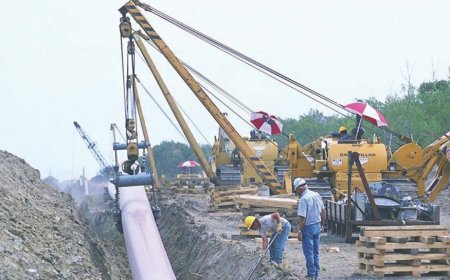$2.5b Power Project Stalled: Bogged Down by Flawed Tender, Single-Bidder Monopoly
Originally, RNPL had planned to commence commercial power generation by May or June 2025.
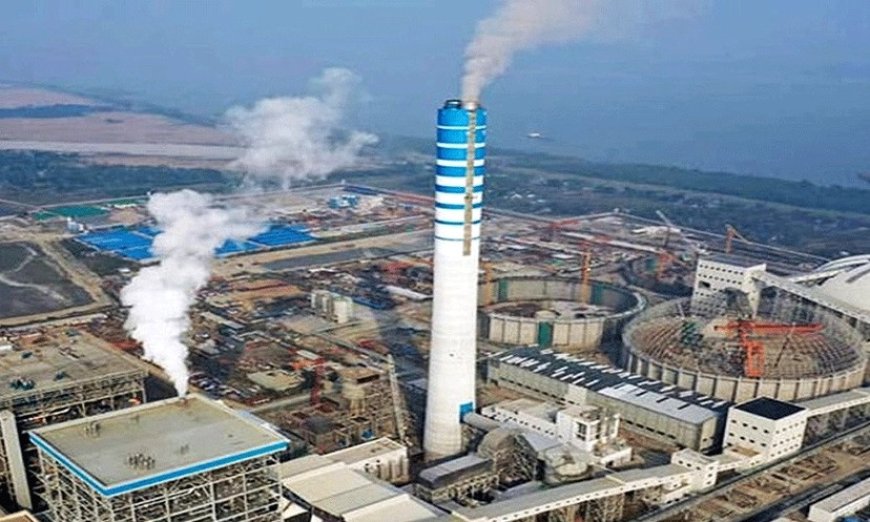
$2.5 Billion Patuakhali Power Plant Sits Idle Amid Flawed Tender and Single-Bidder Monopoly
Bangladesh’s ambitious 1,320 MW ultra-supercritical coal-fired power plant in Patuakhali—constructed at a cost of $2.54 billion—is fully built and capable of supplying electricity to the national grid. Yet, months after successful test runs, the plant remains idle due to repeated failures in securing a long-term coal supply deal.
Since January 2024, project operator RPCL-Norinco International Power Ltd (RNPL) has floated tenders three times for coal procurement. Each time, Singapore-based Yongtai Energy Pte Ltd emerged as the only technically qualified bidder. However, officials rejected Yongtai’s offers, citing “unacceptable” prices.
Previously, RNPL awarded Yongtai a contract to supply 1 million tonnes of coal for initial test runs, which the company has been sourcing from Indonesia’s Bukit Asam mine.
Insiders claim that restrictive tender conditions, flawed design, and potentially biased specifications discouraged wider participation—effectively ensuring a monopoly for Yongtai and raising concerns about transparency and fair competition.
Construction Complete, But No Fuel to Run
Originally scheduled to begin commercial generation by mid-2025, the plant—built by a Chinese consortium (TEPC-CHEC-CWEC)—remains idle in the absence of a five-year coal supply agreement, estimated to cost $50–150 million annually.
In the latest round, 10 firms bought tender documents, four submitted bids, and only Yongtai passed technical evaluation—again highlighting procedural issues.
Conflicting Claims Over Responsibility
The failed bidding process has led to a blame game between agencies.
RNPL’s Acting Managing Director Md Selim Bhuiyan told The Business Standard: “PDB prepared the tender documents. Our company secretary handled the process. I’m not even on the evaluation committee.”
However, Bangladesh Power Development Board (BPDB) Chairman Md Rezaul Karim refuted this, stating: “RNPL’s board sets all the tender terms. We only advise on keeping coal prices low to reduce electricity costs.”
Karim said both BPDB and the Power Division advised RNPL to relax conditions following low participation in earlier rounds. “But Norinco insisted on keeping them rigid,” he added.
A Power Division official confirmed anonymously: “Despite repeated recommendations, RNPL refused to ease the eligibility criteria.”
Tender Format and Clauses Raise Eyebrows
RNPL used a “single-stage two-envelope” system, unlike the more flexible “two-stage two-envelope” format used in projects like Rampal and Matarbari. In the single-stage method, a bid failing technical qualification is immediately disqualified—its financial offer not even opened.
One controversial clause required a direct coal supply commitment from a mine owner—a demand that mines usually fulfill only after bidders clear the technical stage. Only Yongtai was able to meet this clause, raising further suspicions of preferential treatment.
Conditions Seen as Tailored for Yongtai
Experts and officials believe several tender requirements were tailored to suit Yongtai. For instance, bidders were required to show:
-
Five-year mine output of at least 7 million tonnes (vs. plant demand of 1.3–4 million tonnes/year)
-
Proven reserves of 18 million tonnes
-
Supply track record of 8 million tonnes over five years—half to power plants
Such conditions are seen as unrealistic for typical coal traders supplying plants in the 350–500 MW range.
“These terms seem designed to disqualify other players,” said a BPDB official. “Scaling up from a 500 MW plant to 1,320 MW is feasible—these barriers are artificial.”
No Pre-Bid Meeting, Surprise Index Change
Transparency issues were further compounded by RNPL’s decision not to hold a pre-bid meeting—standard practice in such large procurements.
Mid-process, RNPL also changed the coal pricing index from ICE3 to HBA2, unfamiliar to many Indonesian suppliers. Bidders were given just 14 days to adjust, but only Yongtai appeared prepared—again raising red flags.
An RNPL official speculated that some companies may have intentionally submitted incomplete bids to clear the path for Yongtai: “They may have acted as dummy bidders.”
Controversial LC Clause
Another restrictive clause required letters of credit (LCs) to be opened at Bangladeshi banks at least seven business days before vessel loading. This condition poses risks for suppliers unfamiliar with local banking procedures—unless they already have ties with Yongtai or similar players.
Yongtai, the current supplier for test runs, has an established coal stream from Bukit Asam.
Plant Operable but Stuck in Limbo
As of May 2025, RNPL reports that Unit 1 began trial generation on January 19, while Unit 2 followed on June 9. Together, they have produced 1,244 MW of net electricity during test operations.
Yet, without a long-term coal deal, full-scale commercial generation remains suspended—resulting in mounting costs, idle capital, and risks of equipment deterioration. Though coal-fired electricity is generally cost-effective, the estimated generation cost from this plant is around Tk 12 per unit—nearly twice the national average of Tk 6–7.
This steep price stems from inflated coal costs due to lack of competitive bidding and the heavy capital expenditure involved.
Urgent Steps Needed
BPDB Chairman Rezaul Karim stressed the need to restart the process under revised terms. He said RNPL has been instructed to reissue the tender with relaxed conditions and that shorter-term (e.g., one-year) contracts are being considered.
“A $2.5 billion power plant can’t be left idle,” he warned. “If unused, its components will begin to deteriorate—and the entire investment could be at risk.”
What's Your Reaction?







